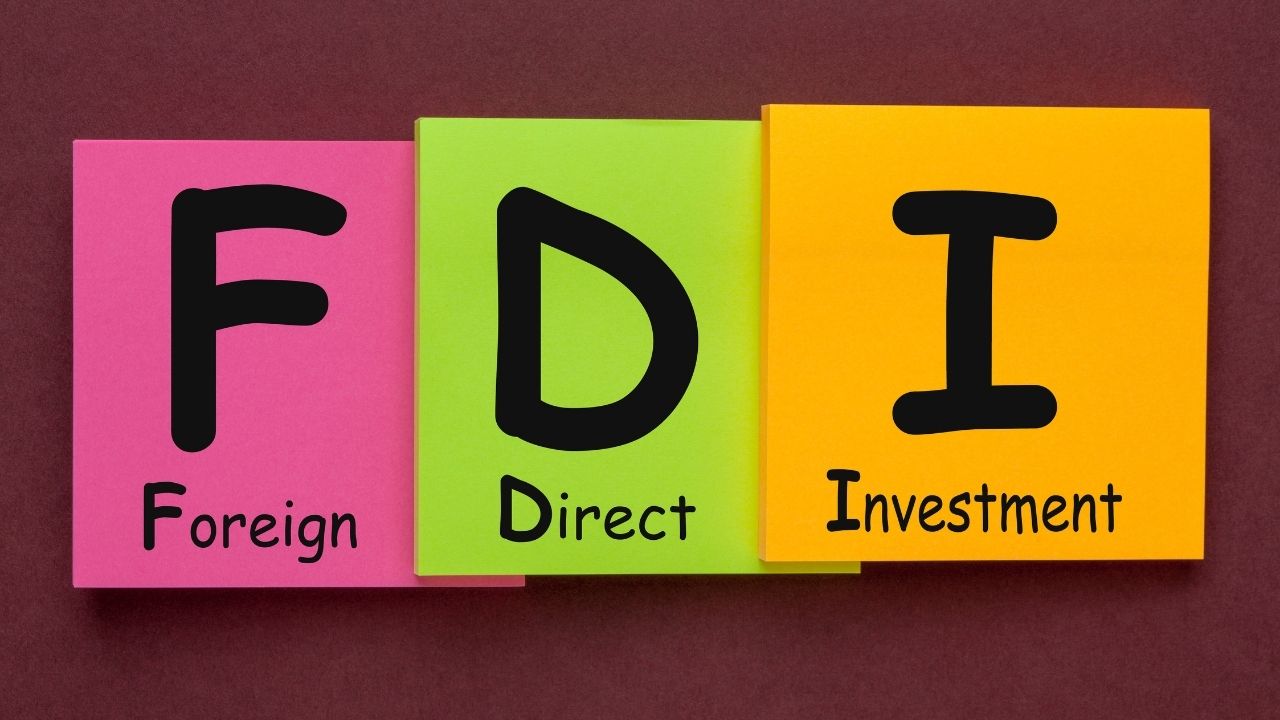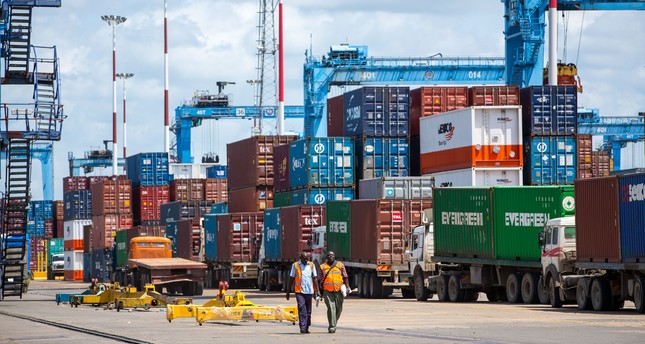COVID-19 pandemic has severely hit the African economy. In recent decades, thriving liberal trade policies and globalization has played their role to raise the African economy. Foreign direct investments are not only essential for a country’s economic growth but greatly contribute to the healthcare, education, and social structure of a region. UNCTAD (United Nations Conference on Trade and Development) predicted at the beginning of the pandemic that the Foreign Direct Investments will fall eminently in Africa in the upcoming months.
Foreign Direct Investments are important to fight the pandemic. The MNE or multi-national enterprises prefer foreign direct investments to establish off-shore units to expand their businesses as greater as they can are primarily more focused on research and development. The IPA’s or Investment Promotion Agencies assist the MNE’s to attract local investors and entrepreneurs to collaborate with them. If such mergers are successful then they cooperate with governments and regional stakeholders for economic development followed by social prosperity. The MNE’s are a tool for cross-border working relationships and they have a far better standard than domestic firms so they can yield much more for the economy than the local industries along with the safety and protection of workers.
Africa was lately affected by the pandemic as compared to the developed world. The MNE’s often shift their businesses to areas that are least affected by the pandemic. In such a case, when the COVID-19 positivity ratio is less among the African nations, we may expect that foreign direct investments may flow into the African continent. It is a matter of optimism but the facts are converse than the expectations.
OECD (Organization for Economic Co-operation & Development) predicted a 30% fall in Foreign Direct Investments globally during 2020 and 2021. On the other hand, UNCTAD specifically prevised a 25-40% fall in Foreign Direct Investments to Africa. Its complexion can be seen by a fall in the value of M&A transactions in South Africa, the most developed African country, by 60% in the first half of 2020. The volume of these M&A transactions reduced by 18% as compared to the first half of 2019.
Foreign Direct Investments form a substantial part of African economies. UNCTAD reports state that the overall FDI in the shape of M&A transactions in Africa has shrunk dramatically by 72% during the start of the pandemic in 2020. African thirst for commodities from off-shore markets and reduction in the global oil prices has further dwindled foreign direct investments in Africa.
At the time when Africa desperately needs foreign direct investments, they are on the lowest level since 2005(for the first instance falling below US$ 1 trillion). Despite all this, there is a hope of an increase in foreign direct investments in the health sector which can help in the prevention of COVID-19 for African countries.
One notable example of such foreign direct investment is the funding of €70 million by Standard Chartered Bank and UK export finance for Koforidua Regional Hospital in Ghana which is being constructed by Ellipse Projects. In Senegal and other African countries, Ellipse Projects is also working on such FDI’s.




